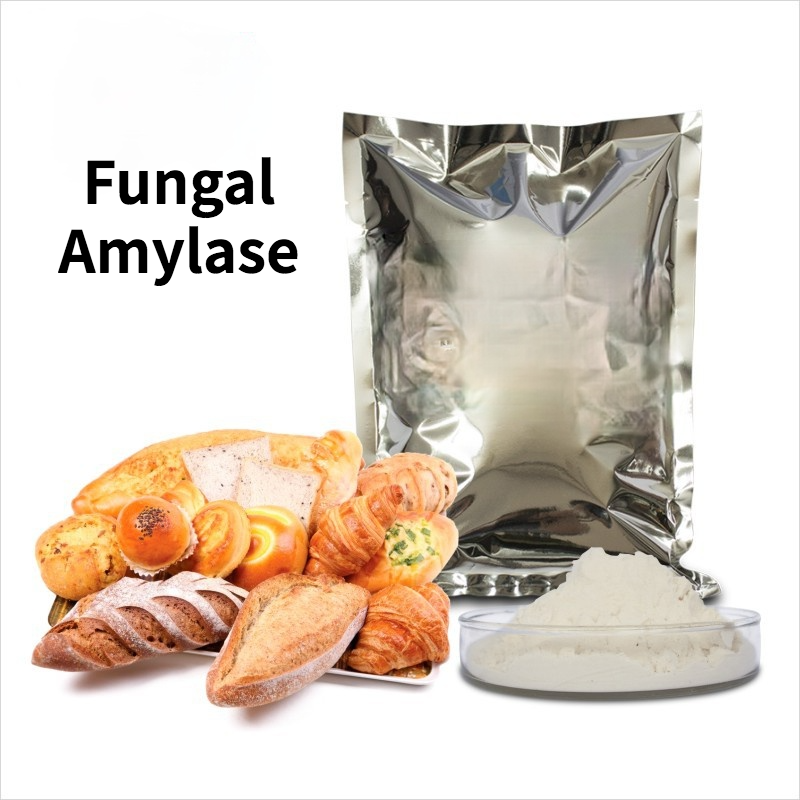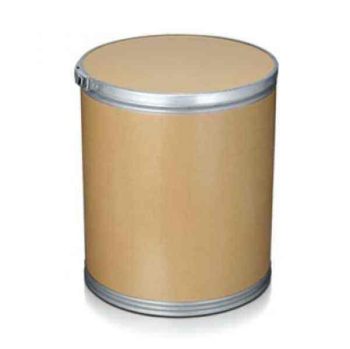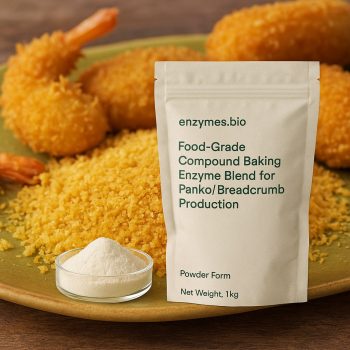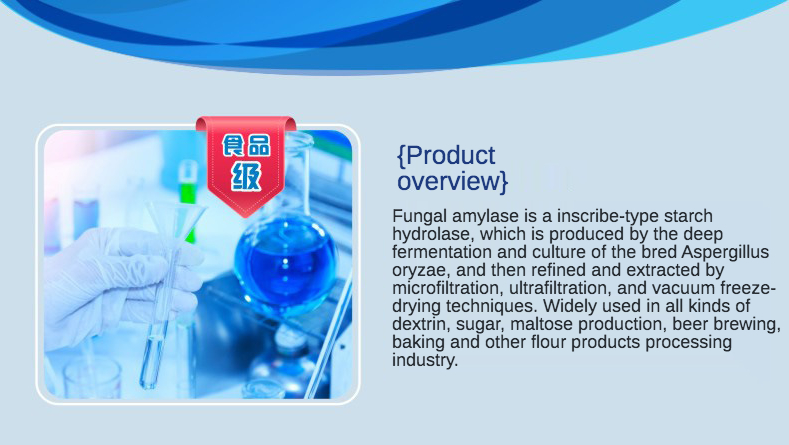
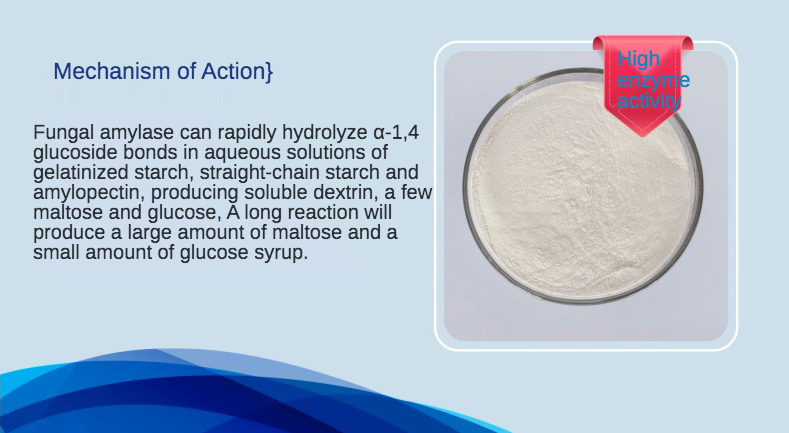
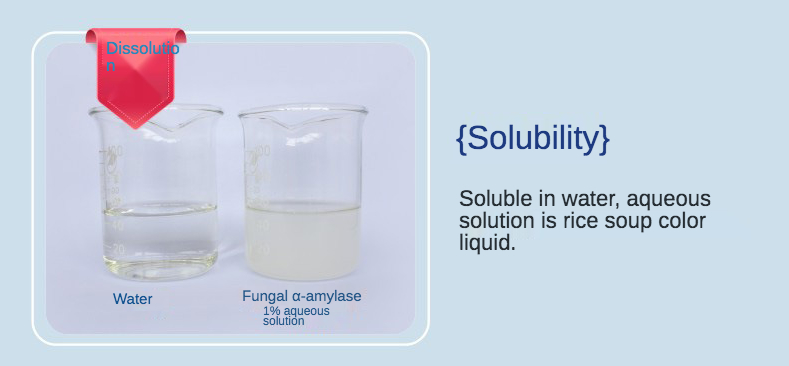
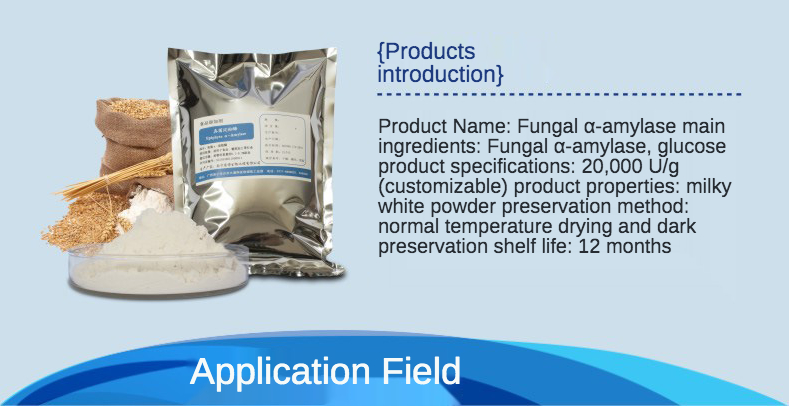
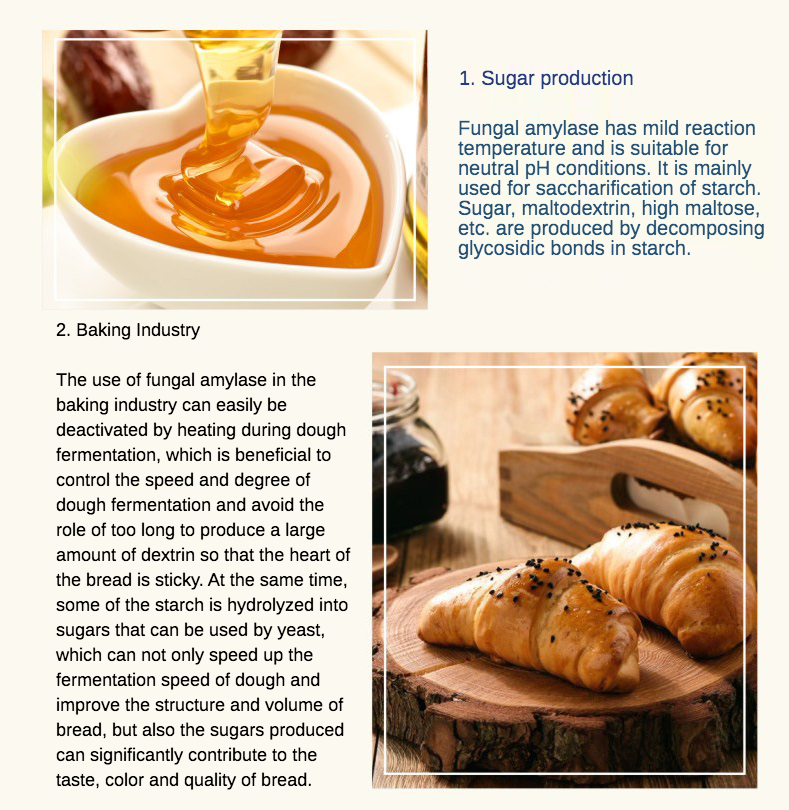
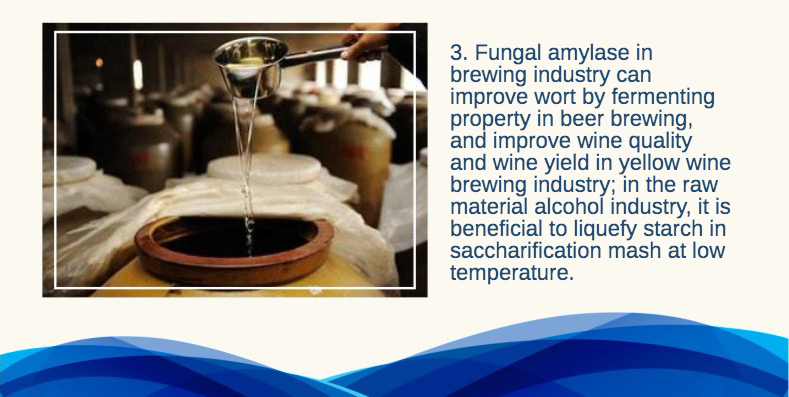
Fungal α-Amylase
Fungal amylase is an endo-starch hydrolase extracted by deep fermentation culture of selected Aspergillus oryzae, followed by microfiltration, ultrafiltration, and vacuum freeze-drying technology. It is widely used in the production of various dextrins, caramel, maltose, beer brewing, baking, and other pasta processing industries.
Fungal amylase can rapidly hydrolyze the α-1,4 glucosidic bond inside the aqueous solution of gelled starch, straight chain starch, and branched chain starch to produce soluble dextrin and a few maltose and glucose. Prolonged reaction will produce syrup with a large amount of maltose and a small amount of glucose.
Soluble in water, the aqueous solution is a rice soup colored liquid.
Product Information:
Product name: Fungal α-Amylase
Main components: Fungal α-Amylase, Glucose
Product specification: 20,000 U/g (can be customized)
Product properties: Milk white powder
Storage: Room temperature dry and protected from light
Shelf life: 12 months
Applications:
Introduction
- Sugar Production: Fungal amylase reaction temperature is mild and pH is neutral, mainly used in the glycation of starch. By decomposing the glycosidic bond in precipitate, it can produce caramel, maltose, high maltose, etc.
- Baking Industry: In the baking industry, fungal amylase can be easily inactivated by heating during dough fermentation, which can help to control the speed and degree of dough fermentation and avoid producing a large amount of dextrin for too long, resulting in a sticky bread core. At the same time, some of the starch is hydrolyzed into sugar that can be used by yeast, which can not only accelerate the fermentation speed of dough and improve the structure and volume of bread, but also the sugars produced can significantly promote the taste, color, and quality of bread.
- Brewing Industry: Fungal amylase can improve the fermentability of wort in beer brewing, improve the quality of wine, and increase the yield in yellow wine brewing industry; it is beneficial to the low-temperature liquefaction of starch in the mash of saccharification in raw material alcohol industry.
